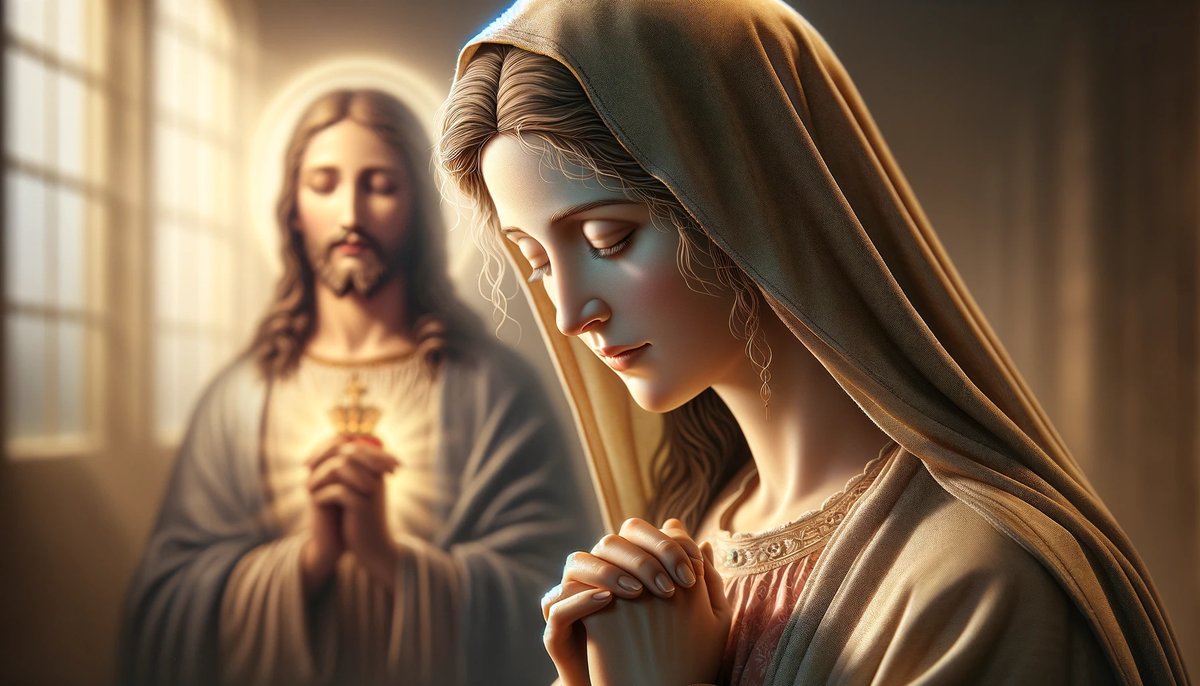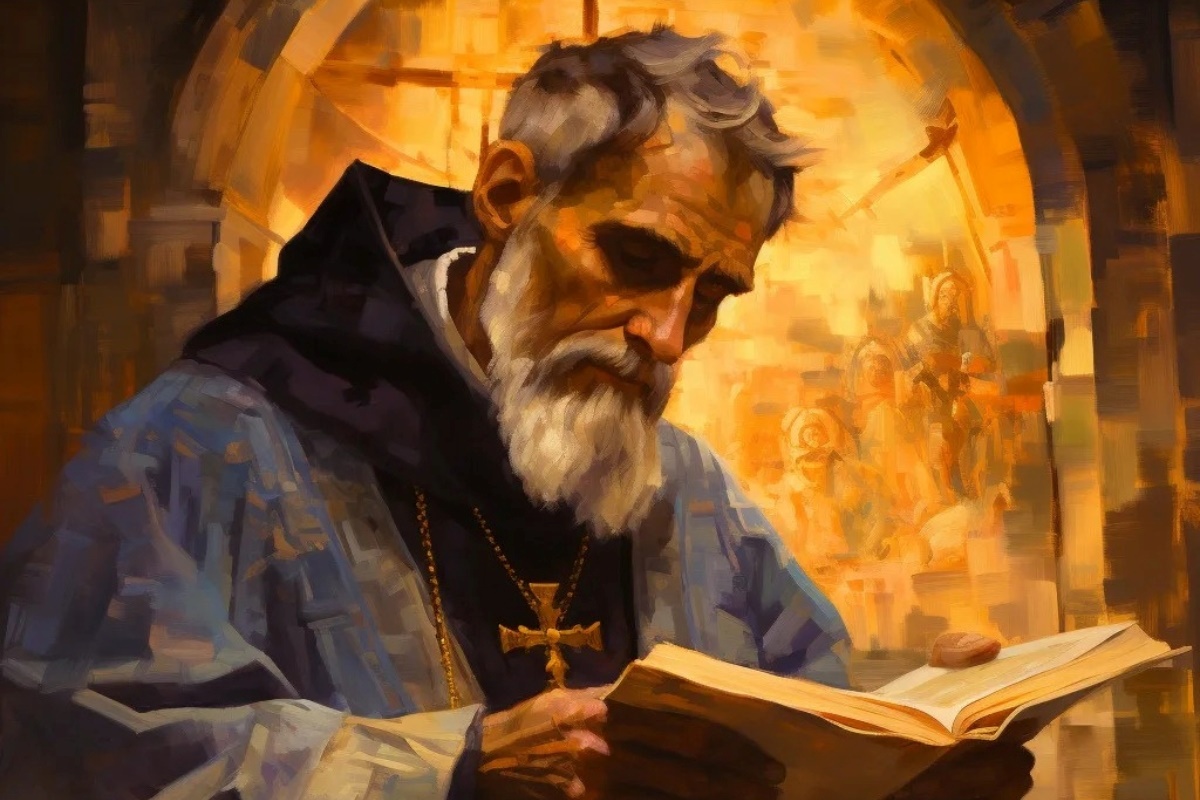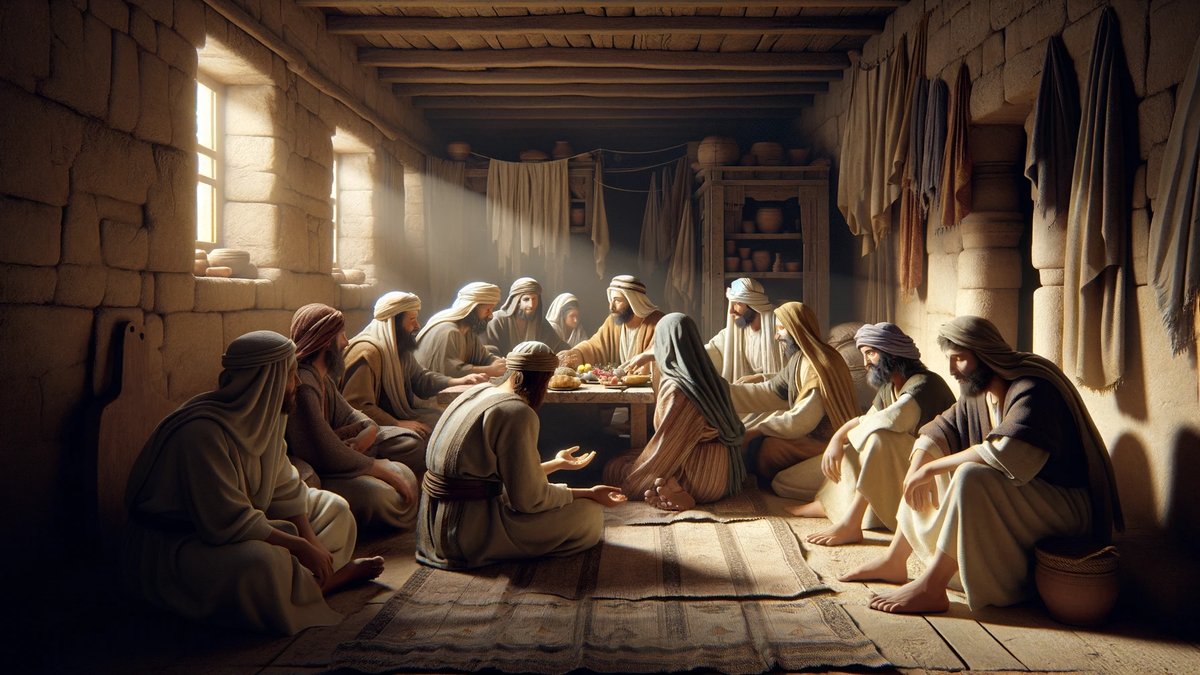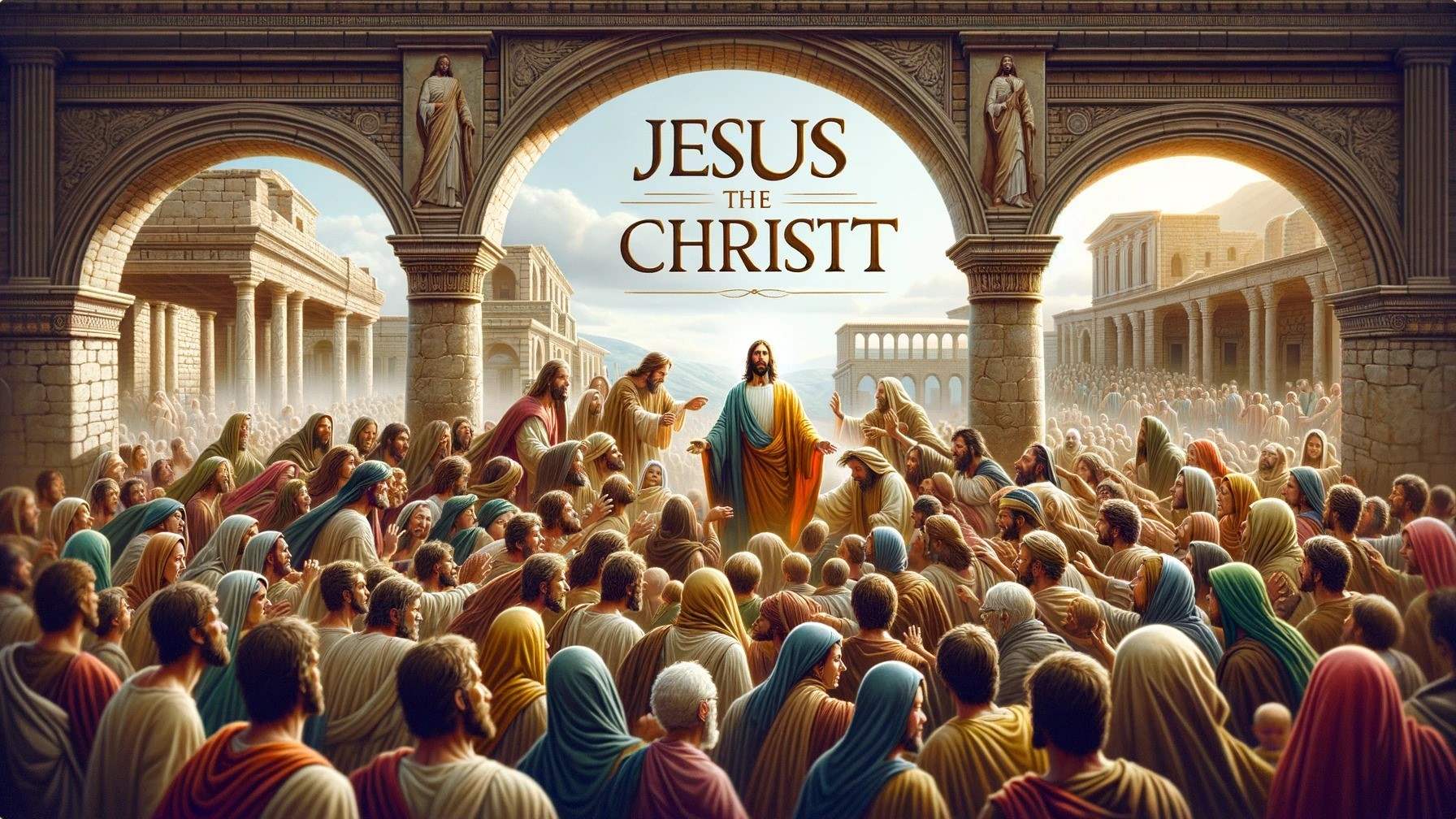Home>Christian Videos>Bible Stories>Who Is The King Of Palestine When Jesus Christ Was Born
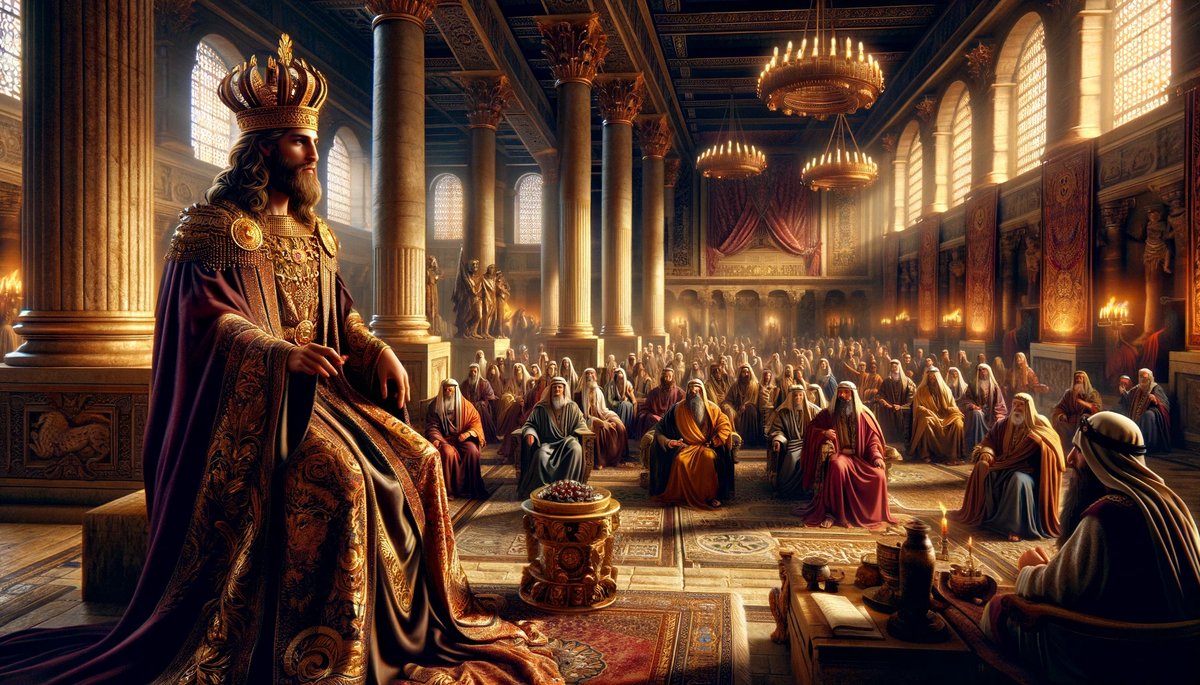

Bible Stories
Who Is The King Of Palestine When Jesus Christ Was Born
Published: March 2, 2024
Peter Smith, Editorial Director at Christian.net, combines deep insights into faith, politics, and culture to lead content creation that resonates widely. Awarded for his contributions to religious discourse, he previously headed a major organization for religious communicators, enhancing dialogue on faith's societal impacts.
Discover the intriguing story of the King of Palestine during Jesus Christ's birth in this captivating Bible story. Explore the historical and religious significance of this pivotal moment. Unlock the secrets of the past with this compelling narrative.
(Many of the links in this article redirect to a specific reviewed product. Your purchase of these products through affiliate links helps to generate commission for Christian.net, at no extra cost. Learn more)
Table of Contents
Introduction
Who is the King of Palestine when Jesus Christ was born? This question delves into the historical and religious context of the time, shedding light on the political and social landscape of ancient Palestine. Understanding the leadership and power dynamics during this period is crucial in comprehending the events surrounding the birth of Jesus Christ and the impact it had on the region. Let's explore the political situation, the religious leaders, the Roman influence, and the birth of Jesus Christ to uncover the answer to this intriguing question.
The Political Situation in Palestine
-
Herod the Great: At the time of Jesus Christ's birth, Palestine was under the rule of Herod the Great. He was appointed as the King of Judea by the Roman Senate in 40 BCE. Herod was known for his ambitious building projects, including the expansion of the Second Temple in Jerusalem. However, his reign was marked by tyranny and brutality, causing unrest among the Jewish population.
-
Roman Occupation: While Herod was the nominal ruler, it's essential to note that Palestine was under Roman occupation. The Roman Empire exerted significant influence and control over the region, often using puppet kings like Herod to maintain authority. This political arrangement created tension and resentment among the Jewish people, who longed for independence and self-governance.
-
Sanhedrin: In addition to the Roman-appointed leadership, Palestine was also governed by the Sanhedrin, the supreme council and tribunal of the Jews. The Sanhedrin held religious and judicial authority, playing a crucial role in the governance of Jewish affairs. However, their power was limited under the Roman occupation, leading to complex dynamics between religious and political leadership.
-
Political Unrest: The political situation in Palestine was characterized by internal strife and external domination. The presence of Roman forces, coupled with the oppressive rule of Herod, fueled discontent and resistance among the populace. This volatile environment set the stage for significant religious and social movements, including the emergence of Jesus Christ and the early Christian community.
Understanding the political landscape of ancient Palestine provides valuable insight into the context in which Jesus Christ was born and the challenges he and his followers faced. The interplay of Roman authority, Herodian rule, and the influence of the Sanhedrin shaped the events that unfolded during this pivotal period in history.
The Religious Leaders in Palestine
-
High Priest and Sadducees: The religious landscape of ancient Palestine was also defined by the presence of influential religious leaders. The High Priest, a pivotal figure in Jewish religious hierarchy, held significant authority and played a central role in the religious affairs of the community. The Sadducees, a sect of Jewish religious leaders, were closely associated with the Temple and held conservative views. They were known for their adherence to the written Torah and their skepticism towards the concept of the afterlife.
-
Pharisees: Another prominent group of religious leaders in Palestine were the Pharisees. They were scholars and interpreters of Jewish law, emphasizing the importance of oral tradition and the application of religious laws in daily life. The Pharisees wielded considerable influence among the Jewish population and were known for their strict adherence to religious practices.
-
Essenes: The Essenes, although a smaller and more secluded sect, also played a role in the religious tapestry of Palestine. They were known for their ascetic lifestyle, communal living, and dedication to spiritual purity. The Essenes distanced themselves from the religious and political establishment of the time, choosing to lead a life of devotion and separation from mainstream society.
-
Zealots: In addition to these established religious groups, Palestine was also home to the Zealots, a radical faction known for their fervent opposition to Roman rule. The Zealots advocated for the violent overthrow of Roman authority and were willing to engage in armed resistance to achieve their goals. Their militant stance and unwavering commitment to liberation made them a formidable force in the tumultuous political landscape of ancient Palestine.
The diverse array of religious leaders in Palestine reflected the complex and multifaceted nature of Jewish society during the time of Jesus Christ's birth. Their teachings, beliefs, and interactions with the political powers of the era contributed to the rich tapestry of religious and social dynamics that shaped the historical context in which Jesus Christ emerged.
The Roman Influence in Palestine
-
Occupation and Control: The Roman influence in Palestine was pervasive and far-reaching. Following the conquest of Jerusalem in 63 BCE, the Roman Republic established its authority over the region, marking the beginning of a significant period of Roman domination. The subsequent transition to the Roman Empire solidified their control, subjecting Palestine to the governance and laws of Rome.
-
Puppet Kings and Client States: To administer their vast empire, the Romans often employed the strategy of installing puppet kings and client states in conquered territories. Herod the Great, appointed as the King of Judea, exemplified this approach. While he wielded some degree of autonomy, his reign was ultimately subject to Roman oversight, highlighting the intricate web of political relationships that characterized Roman influence in Palestine.
-
Cultural and Religious Impact: Roman influence extended beyond political and military control, permeating the cultural and religious fabric of Palestine. The introduction of Roman customs, language, and infrastructure left an indelible mark on the region. Moreover, the imposition of Roman deities and religious practices challenged the traditional beliefs and worship of the Jewish population, contributing to religious tensions and resistance.
-
Taxation and Tribute: The Roman presence in Palestine also manifested through taxation and tribute. The burden of Roman taxation, coupled with the economic exploitation of the region, exacerbated the grievances of the local populace. The financial strain imposed by Roman policies fueled resentment and dissent, laying the groundwork for social upheaval and resistance movements.
-
Military Presence and Enforcement: Roman legions stationed in Palestine served as a visible symbol of Roman authority and control. The presence of Roman soldiers, tasked with maintaining order and quelling dissent, underscored the militarized nature of Roman influence. The use of force and coercion to uphold Roman dominance further inflamed the volatile political climate of the region.
Understanding the multifaceted nature of Roman influence in Palestine is essential in comprehending the historical context in which Jesus Christ was born. The interplay of political, cultural, and military dynamics shaped the environment in which pivotal events unfolded, ultimately influencing the trajectory of religious and social movements in ancient Palestine.
The Birth of Jesus Christ
-
Bethlehem: According to the Gospel accounts, Jesus Christ was born in Bethlehem, a town in Judea. This event fulfilled the prophecy of the Messiah's birth in the lineage of King David. The significance of Bethlehem as the birthplace of Jesus Christ holds profound theological and symbolic importance in Christian tradition.
-
Virgin Birth: The belief in the virgin birth of Jesus Christ is a central tenet of Christian faith. The Gospel of Matthew and the Gospel of Luke narrate the miraculous conception of Jesus by the Virgin Mary through the Holy Spirit. This divine conception underscores the divine nature of Jesus and his role as the Son of God.
-
Manger and Shepherds: The accounts of Jesus' birth depict humble and pastoral surroundings. Mary and Joseph found refuge in a manger, as there was no room at the inn. The presence of shepherds in the fields, who received the angelic proclamation of Jesus' birth, exemplifies the theme of humility and the divine revelation of the Messiah's arrival to the marginalized and ordinary members of society.
-
Magi and the Star: The Gospel of Matthew describes the visit of the Magi, or wise men, who followed a guiding star to pay homage to the newborn King of the Jews. This narrative emphasizes the universal significance of Jesus' birth, as the Magi, representing the Gentile nations, recognize and honor the divine presence of the infant Jesus.
-
Herod's Reaction: The Gospel of Matthew also portrays the threat posed by King Herod upon hearing of the birth of a potential rival king. Herod's sinister intent to eliminate the infant Jesus, leading to the massacre of the innocents, underscores the political and social ramifications of Jesus' birth within the volatile context of Roman-ruled Palestine.
-
Fulfillment of Prophecy: The birth of Jesus Christ is intricately linked to the fulfillment of Old Testament prophecies, underscoring the continuity of God's redemptive plan throughout history. The prophetic anticipation of the Messiah's advent and the subsequent events surrounding Jesus' birth resonate deeply within the theological framework of Christianity.
The birth of Jesus Christ, as depicted in the Gospels, encapsulates profound theological, historical, and cultural significance. The narrative of Jesus' humble birth, divine nature, and universal impact continues to resonate as a foundational cornerstone of Christian faith and identity.
Read more: Why Jesus Christ Was Born
Conclusion
The political situation in Palestine during the birth of Jesus Christ was characterized by Roman occupation, the rule of Herod the Great, and the influence of the Sanhedrin. The religious landscape was shaped by prominent figures such as the High Priest, Sadducees, Pharisees, Essenes, and Zealots, each contributing to the diverse tapestry of beliefs and practices. Roman influence permeated every aspect of life in Palestine, from governance and taxation to cultural and religious impositions. The birth of Jesus Christ in Bethlehem, the miraculous virgin birth, and the subsequent events surrounding his infancy underscored the profound theological and historical significance of this pivotal moment. The fulfillment of prophecies, the universal impact of Jesus' birth, and the political reactions it elicited all contributed to shaping the narrative of Jesus' life and mission. Understanding the complex interplay of political, religious, and social dynamics in ancient Palestine provides valuable context for comprehending the enduring legacy of Jesus Christ and the early Christian movement.




